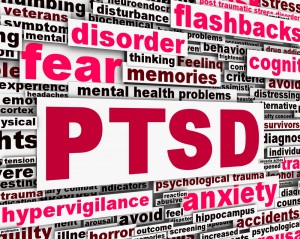PTSD
PTSD can develop immediately after someone experiences a disturbing event or it can occur weeks, months or even years later. PTSD is estimated to affect about 1 in every 3 people who have a traumatic experience. Someone with PTSD will often relive the traumatic event through nightmares and flashbacks, dissociative symptoms, and they may experience feelings of isolation, irritability and guilt. They may also have problems sleeping, such as insomnia, and find concentrating difficult. These symptoms are often severe and persistent enough to have a significant impact on the person’s day-to-day life. Addictive behaviours & Anxiety Disorders are common for someone who has underlying PTSD symptoms.
Therapy can be a long road depending on the extent of the trauma and also if any comorbid illnesses such as addiction or eating disorders are present. Weekly appointments are generally advised for specialist trauma therapy which will include stabilisation and grounding techniques.



